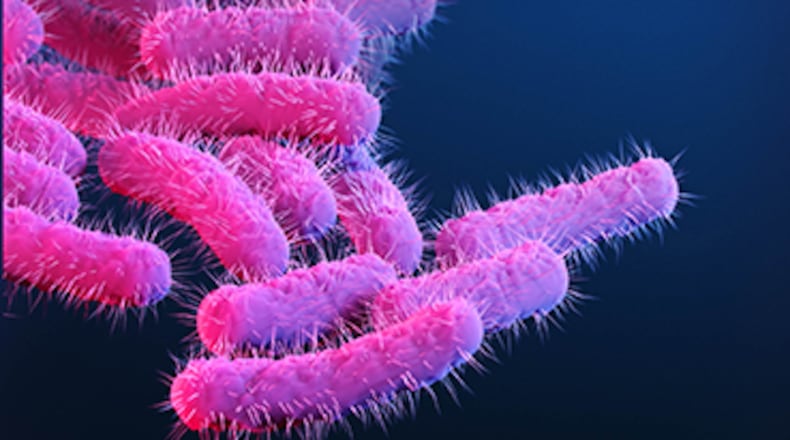The “CDC asks healthcare professionals to be vigilant about suspecting and reporting cases of XDR Shigella infection to their local or state health department and educating patients and communities at increased risk about prevention and transmission,” states the advisory issued Friday.
“Shigellosis usually causes inflammatory diarrhea that can be bloody and may also lead to fever, abdominal cramping, and tenesmus. Infections are generally self-limiting; however, antimicrobial treatment may be indicated to prevent complications or shorten the duration of illness,” said the CDC.
Symptoms usually appear in one to two days and can last up to a week. The ways a person can get Shigella, according to the CDC, include:
- Touching surfaces, such as toys, bathroom fixtures, changing tables, and diaper pails, contaminated with Shigella bacteria from someone with an infection
- Changing the diaper of a child with a Shigella infection
- Taking care of a person with an infection, including cleaning up after the person uses the toilet
- Eating food prepared by someone with a Shigella infection
- Swallowing water you swim or play in, such as lake water or improperly treated swimming pool water
- Swallowing contaminated drinking water, such as water from a well that’s been contaminated with sewage or flood water
- Exposure to poop during sexual contact with someone with a Shigella infection or who has recently recovered from a Shigella infection
Shigella strains can be resistant to common antibiotics, including azithromycin, ciprofloxacin, ceftriaxone, ampicillin and more.
“Currently, there are no data from clinical studies of treatment of XDR Shigella to inform recommendations for the optimal antimicrobial treatment of these infections,” the CDC report said.
Shigella has predominantly affected young children 1 to 4 years in the U.S. More recently, however, the CDC reports that it has observed an increase in antimicrobial-resistant Shigella infections among adult populations, especially men who have sex with men, people experiencing homelessness, international travelers and people living with HIV.
Those who have been diagnosed with Shigella are advised to frequently wash their hands and to not have intercourse.
Read the CDC’s warning about Shigella online at https://emergency.cdc.gov/han/2023/pdf/CDC_HAN_486.pdf.
About the Author
